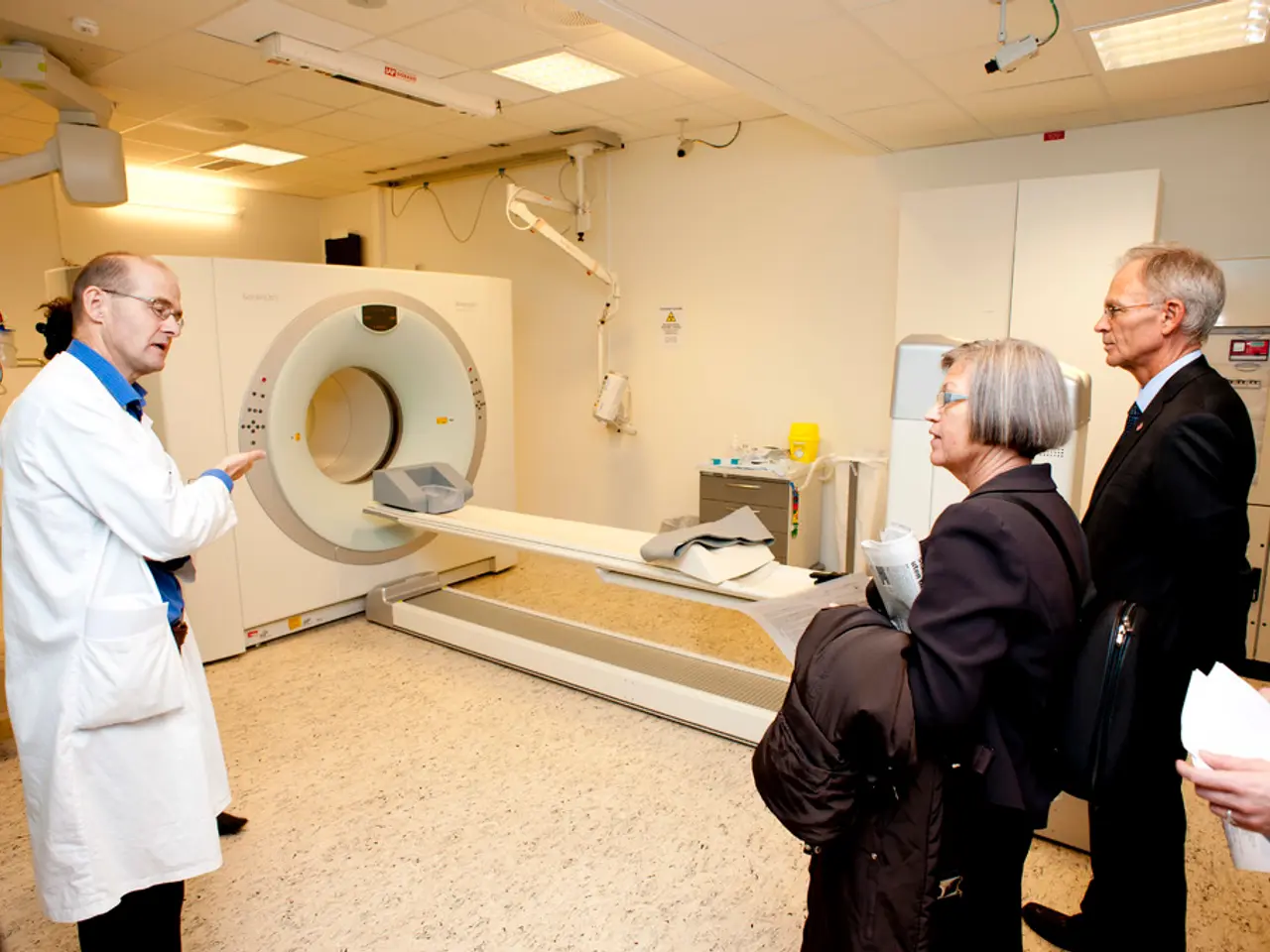Recommendation for a safeguarding measure on employees from radiation hazards at work to be developed by the Commission and subsequently put forward for regulation.
In a recent decision (Az. 4 Sa 43/23), the Saxony Higher Labor Court reinforced an employer's right to question the authenticity of sickness certificates presented by employees. The ruling, which has been highlighted by the Association of Employment Law of the German Bar Association, has significant implications for employers and employees alike.
The case in question involved an employed architect who was trying to terminate his employment amicably. However, when his employer did not comply with his request, he called in sick and submitted a retroactive sickness certificate. The court's decision upheld the employer's position, as the inconsistent diagnoses and insufficient backdating of the first certificate without a plausible explanation made the sickness leave implausible.
Under German labor law, when an employer doubts the authenticity or validity of an employee's sickness certificate, the employee may be obliged to provide additional evidence to substantiate their incapacity to work. This can include providing a medical certificate issued by a trusted or company-appointed doctor upon employer request, allowing a medical examination by a doctor chosen by the employer, or offering further explanations or evidence if the employer has justified doubts about the legitimacy of the sickness.
In recent trends and case law, courts may rule that employees have a duty to cooperate and provide credible evidence when serious doubts arise. This obligation serves to protect the employer from fraudulent absences. However, the court in this case did not provide a clear guideline on what constitutes sufficient evidence for the employee.
It's important to note that the court's decision does not apply to cases where the employer has no reason to doubt the authenticity of the sickness certificate. In such instances, employers should not question the employee's sickness certificate.
Employees must address specific concerns regarding their sickness certificates if there are legitimate doubts. Failure to do so can lead to consequences like non-payment of wages during the absence or disciplinary measures.
The decision strengthens an employer's position regarding doubts about an employee's sickness certificate. However, for the precise text or ruling details of Az. 4 Sa 43/23, consulting legal databases or the court’s official publications would be necessary.
Science plays a crucial role in resolving disputes about sickness certificates in the context of health-and-wellness and mental-health, as it provides the evidence required to substantiate an employee's incapacity to work. Employers, therefore, have a right to request additional medical evidence from employees, if they have justified doubts about the legitimacy of the sickness certificate.




